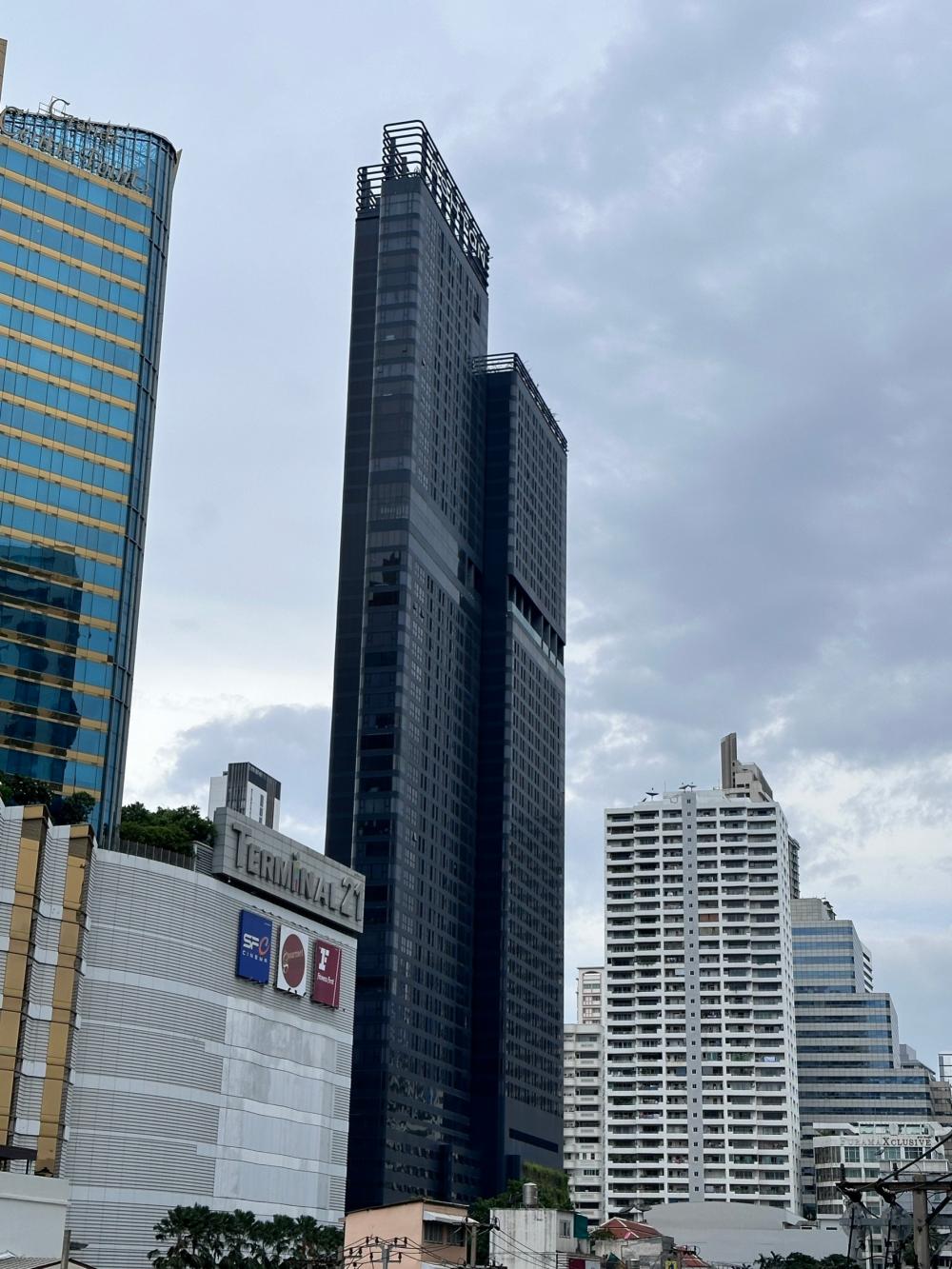SET-listed developer Noble Development has insisted that its two condo projects, situated on land where parts were expropriated, have no legal issues like Ashton Asoke because their given entrance-exit has remained unchanged since they were in the possession of the previous landowners.
Co-chief executive Thongchai Busrapan said both pieces of land where the projects are currently situated were originally situated on main roads until road-frontage sections were expropriated in 2001 by the Mass Rapid Transit Authority of Thailand (MRTA) to construct the Blue Line.
These projects are Nue Noble Ratchada-Lat Phrao near the Lat Phrao MRT station and Noble Revolve Ratchada near the Thailand Cultural Centre MRT station.
"After some parts of the land were expropriated, the remaining land had no entrance-exit to the main roads," he said. "The previous landowners asked MRTA for an entrance-exit and also paid MRTA a fee for its use before they sold the plots of land to us."
He said the company used the land according to its original physical condition to submit an approval of environmental impact assessment report and for a construction permit without any change, modification or relocation.
"This is what sets our projects apart from Ashton Asoke, even though they were all situated on expropriated land," Mr Thongchai said on Wednesday.

A view of Ashton Asoke on Asok Road in Bangkok captured on Aug 1, 2023. (Photo: Wichan Charoenkiatpakul)
Last week, the company received inquiries from around 30 customers and unit owners at Nue Noble Ratchada-Lat Phrao and Noble Revolve Ratchada.
Customers expressed their concern over the validity of the projects after some media outlets reported that they might have a similar situation as Ashton Asoke.
"From the Ashton Asoke case, developers should think twice when land is offered. They should be very cautious and verify the origin of land before making a decision to buy a piece of land," Mr Thongchai suggested.
Due to the wide-ranging impact of the Ashton Asoke case, affecting numerous parties including financial institutions that offered the loan, as well as the confidence of foreign investors and buyers, Mr Thongchai said it was important to promptly resolve the case and ensure a minimal impact on the project's unit owners.
"The regulations from government agencies have a grey area," he said. "From now on, there should be a clearer definition in regulations and authorisations to regain confidence."
